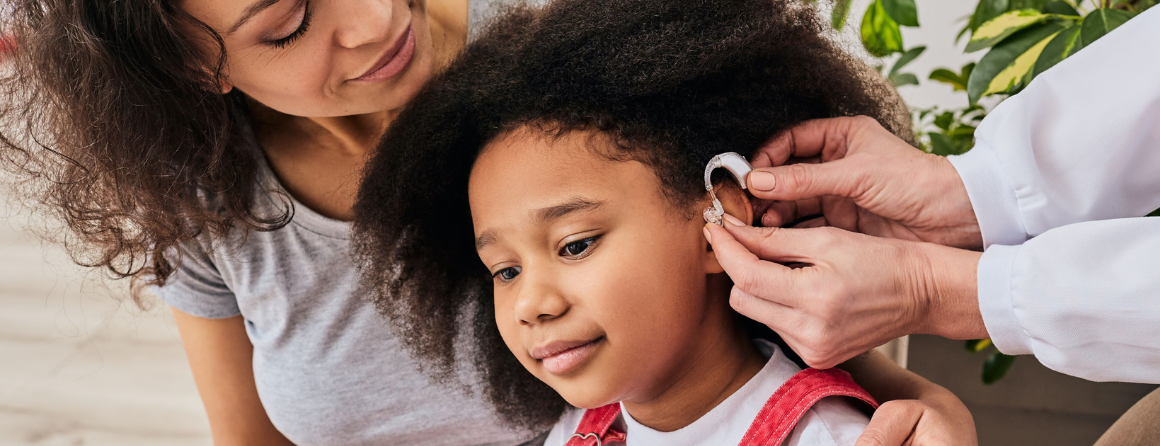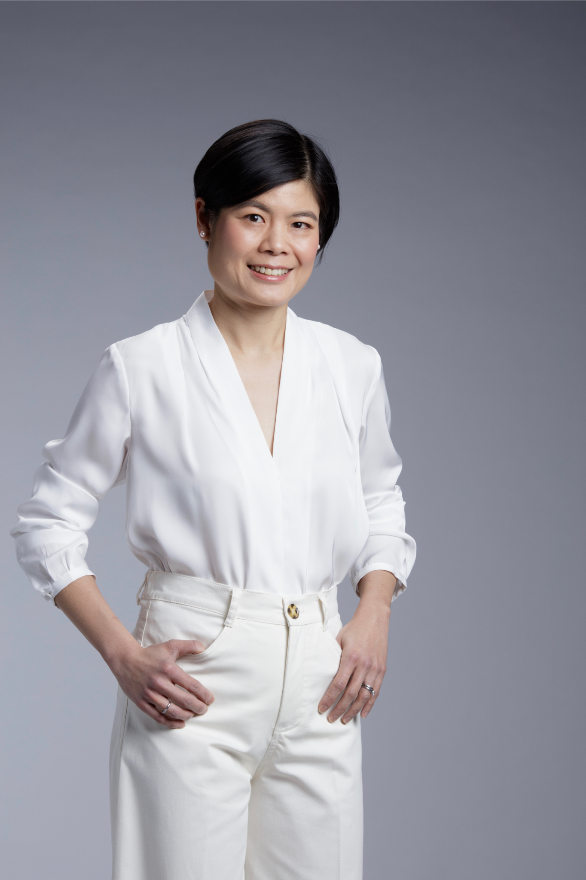New child hearing registry aims to track and optimise hearing outcomes

Murdoch Children’s Research Institute Associate Professor Valerie Sung has been awarded a $1.4 million grant from the National Health and Medical Research Council (NHMRC) Targeted Call for Research into Hearing Health scheme to establish a registry that aims to track outcomes and minimise inequities in child hearing health service access.
The funding places the Murdoch Children’s Prevention Innovation group at the forefront of child hearing health research in Australia.
The Australian National Child Hearing Health Outcomes Registry (ANCHOR), the first whole-population research program in Australia, will include Aboriginal and Torres Strait Islander children whose hearing loss is mostly caused by early middle ear infections and could be prevented.
The registry will enable the team to track identification, treatment and outcomes and determine a national collection of outcomes and instruments for child hearing which will help provide standardised care for all children across Australia regardless of where they live.
Associate Professor Sung said, “Australian children benefit from astonishing technologies and leadership in universal newborn hearing screening (UNHS), cochlear implants, and genetic diagnosis – all of which this grant’s investigators have made major contributions to.”
said, “Australian children benefit from astonishing technologies and leadership in universal newborn hearing screening (UNHS), cochlear implants, and genetic diagnosis – all of which this grant’s investigators have made major contributions to.”
“But despite advancements in technologies and treatments, hearing loss continues to impact our children’s life chances and impose inequities on deaf or hard-of-hearing children – and this is particularly pronounced in Aboriginal and Torres Strait Islander and culturally and linguistically diverse (CALD) children,” she said. “Many urgent questions need to be addressed to improve quality of life for this population.”
Over a three-year period, Associate Professor Sung and her team will implement the ANCHOR registry for deaf or hard-of-hearing children in Victoria and Queensland and provide recommendations for a national extension of the program to further improve management.
Hearing services and datasets across Australia are currently fragmented, and there is no cohesive national data system linking screening, diagnostics and services to measured outcomes.
This program aims to map out these services and datasets and bring them into a single system, linked to universal datasets, to help provide better support for deaf or hard of hearing children – particularly those living in Aboriginal and Torres Strait Islander and CALD communities.
Associate Professor Sung said this registry would help strengthen the evidence base for effective, robust screening and preventive therapies for deaf or hard-of-hearing children and would be a step closer to providing equitable health services to deaf or hard-of-hearing children across Australia.
Find out more about childhood hearing loss and how our researchers are helping to improve management for deaf or hard-of-hearing children here.
